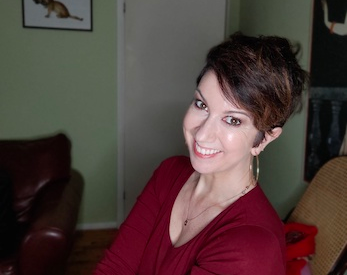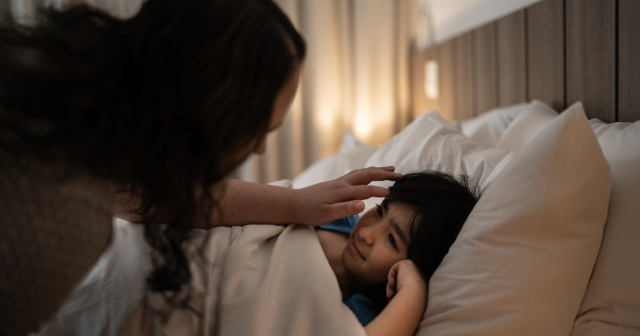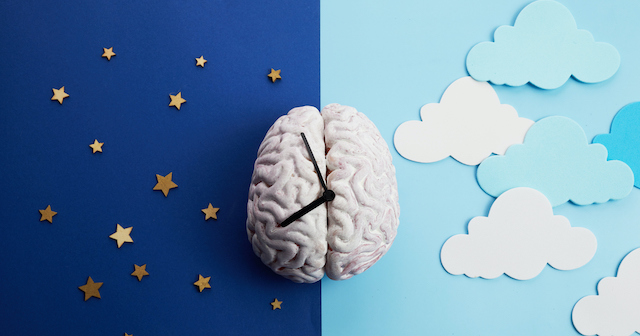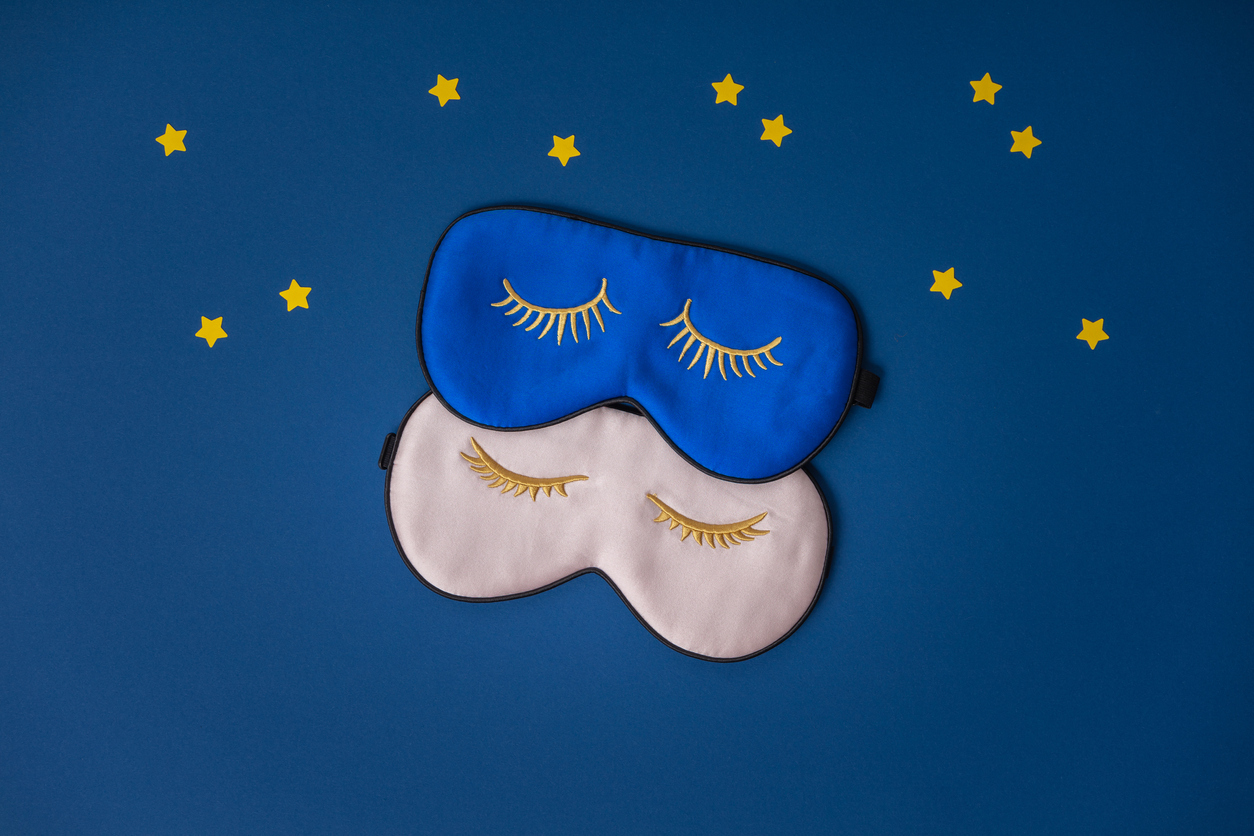Good sleep is a challenge for 1 in 3 people – and as so many of us are searching for ways to sleep better, it’s probably not surprising there are lots of myths and rumours about it. Some of the things you’ve heard might be backed up by scientific evidence. But others probably aren’t, and may even be unhelpful for your sleep and overall wellbeing. The good news is there have been loads of scientific advances in understanding what contributes to a good night’s sleep, so we can bust some of the biggest myths about it – and help you find out what actually works.
1. You can get by on 4 hours’ sleep
According to research, it’s true that some of us probably need less sleep than others. But evidence shows those who can regularly manage on 5 hours or less are likely to be a minority. For most people, sleeping this little is linked with a raised risk of serious health issues, such as heart disease and lowered immunity. Most of us need an average of around 7 hours each night. Have a look at our main article on sleep to find out more about how much sleep most of us need to feel well and stay healthy.
2. Drinking alcohol can help you sleep
Lots of people reach for a nightcap before bed. But evidence shows it isn’t helpful for good quality sleep. The golden rule? If you want a good night’s sleep, you should avoid alcohol. Here’s why:
- while alcohol reduces the time it takes to fall asleep, it disrupts your sleep in the second half of the night. This delays the onset of REM sleep, thought to play an important role in learning and storing memories
- alcohol also increases your risk of sleep apnoea - when you stop breathing during the night and wake up because of it. This can lead to very disrupted sleep
- the more you drink, the more your sleep is likely to be disturbed, but even a small amount of alcohol can have an effect – and we all react differently to it
Read up on how to cut down on drinking.

3. Exercise before bed interferes with sleep
The theory here is that your core body temperature needs to fall for sound sleep, and exercise can raise it, affecting your sleep. Also, the feelgood endorphins released during exercise might ‘wake up’ your brain and leave you too wired to nod off. But the link may not be clear-cut:
- research has found evening exercise doesn’t have a negative effect on sleep for the majority of people, even if it’s vigorous
- that said, everyone’s different and if you find an energetic evening workout keeps you awake, it makes sense to time it differently, or try something more gentle, like restorative yoga, tai chi or swimming
- but for most people there isn’t a hard-and-fast rule that you should avoid exercising in the evening. And as exercise has such a positive effect overall on sleep, it’s important to fit it in when you can
4. An hour before midnight is worth 2 hours after
This old wives’ tale was used in our grandparents’ generation to encourage children to go to bed earlier – but is there any truth in it? The research isn’t clear yet but here’s what we know:
- a study found going to bed outside the 10pm to 11pm window may be linked with a higher risk of cardiovascular disease, especially in women. In the study, falling asleep after midnight had a particularly strong link with cardiovascular disease. And, of course, getting to bed after midnight means you’re likely to have less sleep than you need if you have to be up early
- but the same research found falling asleep before 10pm also carried a risk of cardiovascular disease, suggesting there’s a peak time for sleep that probably aligns with your circadian rhythm, the internal body clock that governs your sleep-wake cycles and has a knock-on effect on other systems in your body. More studies are needed to understand the connection
5. You can have a lie-in to make up for a late night
You’ve probably noticed even 1 late night can affect how you think and feel the next day. Luckily, evidence shows you can recover well from the occasional night of poor sleep and 1 night’s unlikely to have a lasting effect on your wellbeing. But longer term it’s a different story:
- if you build up a significant sleep debt – the difference between how much you need and how much you get – that can have a knock-on effect on the way your body and brain function. And a lie-in might not compensate. Sleep debt builds up and can take longer than you may think to recover from, with research suggesting it can take 4 days to recover from just 1 hour of missed sleep
- if you have a longer period of restricted sleep, you may not recover fully from it for over a week, 1 study found
6. It doesn’t matter when you sleep as long as you get the hours in
This isn’t true. The evidence shows that sleeping through the night is much better for you than regularly catching up during the day:
- studies on night shift-workers who sleep during the day show they have less sleep, it’s of poorer quality, and they’re at higher risk of a range of conditions, including depression, some forms of cancer, diabetes and heart disease
- researchers think this is a result of getting out of alignment with the circadian rhythm – our brains and bodies are designed to take darkness as a cue for rest
7. Too much sleep is bad for you
The jury’s out on this one. Researchers do point out you shouldn’t worry if you occasionally need to sleep for longer to help you recover from a bout of illness or a period of poor sleep. But regularly sleeping for long periods might be different:
- some studies have looked at people who regularly sleep for longer than 8 hours and found they’re at higher risk of poor health
- but scientists can’t be sure this is a result of sleeping for a long time. Instead, some people may sleep a long time because they have underlying health issues already, or because they have chronic insomnia and sometimes stay in bed for a long time to try to catch up
If you have symptoms that you think might be related to your sleep, try our Smart Symptom Checker to help you work out whether you should see a doctor.







